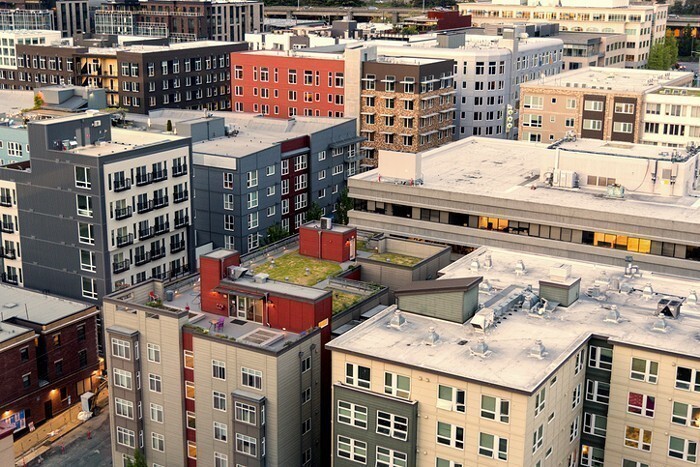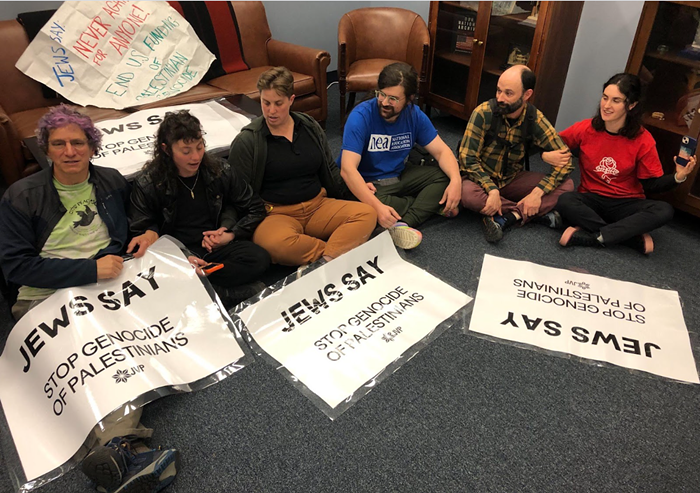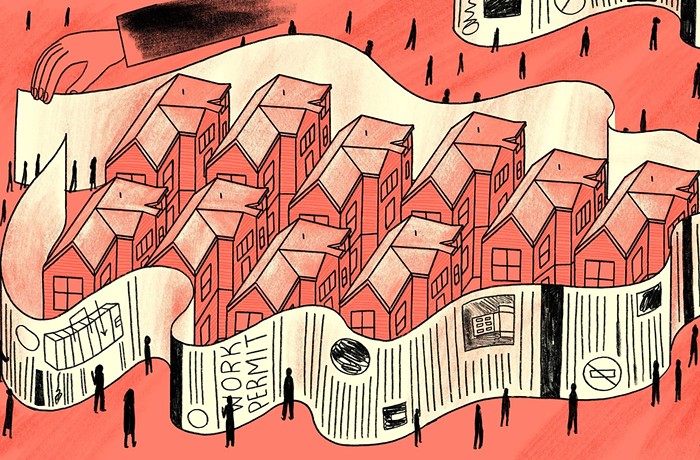Voters in Seattle will have two democracy-reform initiatives to choose from this November: A scheme for ‘approval voting’ bankrolled by local tech executives and a small number of wealthy out-of-state donors, and the City Council’s alternative proposal for 'ranked-choice voting' (RCV), which is supported by a broad coalition of Seattle-based community groups, seven city council members, and road-tested in cities across the country. Voters should follow City Council’s lead when November ballots arrive and choose RCV for Seattle’s future primary elections.
The differences between the two voting systems might seem technical, but they fundamentally come down to this: While both systems give voters a chance to support multiple candidates on a single ballot, which is an improvement over the status quo, RCV goes further by giving all voters, including those historically most excluded from our democracy—young voters, working class voters, voters of color—a more robust set of tools to express their preferences through their ballots. Not just "I like these three candidates," but "I like this candidate a lot and these two guys a bit less."
So why is the choice even an issue? Basically, because some folks have worked hard to make it so. In Seattle, approval voting is the pet project of a few wealthy tech execs looking to make it easier for candidates like themselves to win future elections. RCV, by contrast, is part of a broader package of democracy reform supported by a comprehensive coalition of community groups who’ve been on the ground doing the work for years. Seattle deserves the opportunity to get this right, and, thanks to the City Council, they now have exactly that.
The donors behind the ‘Seattle Approves’ campaign objected strenuously to the possibility of Seattle voters being offered more than one reform option for City Council elections this November. (A bit ironic, given both democracy reform options agree that more options are better than one.) Their arguments ring hollow and look past the concerns of communities of color and everyday people who feel that our current election system limits the voice of Seattle’s diverse working class.
These donors raised hundreds of thousands of dollars from out-of-state executives, such as crypto-billionaire Samuel Bankman-Fried, to finance the paid signature gatherers that put their proposal on the ballot. But even after months of campaigning, their effort has failed to garner any meaningful community support. You won’t find any endorsements from local community groups on their campaign website. That's because their campaign doesn’t have any.
There’s a good reason for that lack of community support. Voters want Seattle city elections to be more representative, not less. Seattle Approves hopes to capitalize on very reasonable frustration with our elections by introducing a system that works in favor of bland, uninspiring candidates rather than in favor of the preferences of the majority of voters. That’s specifically because approval voting takes away voters’ ability to distinguish between candidates on paper (their ballots). A vote for their favorite candidate and the one they would begrudgingly tolerate would count as two separate votes all at the same time, and each would have equal weight. Ranked-choice voting solves this problem by providing voters the chance to rank the candidates they support in order of preference. More democracy, not less.
The bottom line is that having a truly democratic voting system in our city isn’t just the morally right thing to do, it’s the vehicle through which Seattle voters could finally see the progress they so desperately seek on housing, transportation, and public safety.
We cannot unlock the potential that comes from concentrating many diverse people and ideas in one place without real democracy reforms to make our elections work for everyone. That’s why getting our voting system’s details right is so important. There are real, community-based, multi-racial coalitions that have pushed to get tried-and-true reforms like ranked-choice voting on the table. We can’t get sidetracked with One Weird Trick side quests that would sap power from communities of color and put our voting system in legal jeopardy. Seattle voters deserve real solutions. This November, they should choose tried-and-true RCV.
Rian Watt works for a homeless nonprofit and serves on the board of Futurewise, a statewide land use organization, and The Urbanist, a local advocacy publication.
Kamau Chege is the director of the WA Community Alliance, a group which organizes to close the representation gap for people of color in elected office, and to make the systemic changes we need for Black and Brown communities to share in the prosperity all of us build.



















